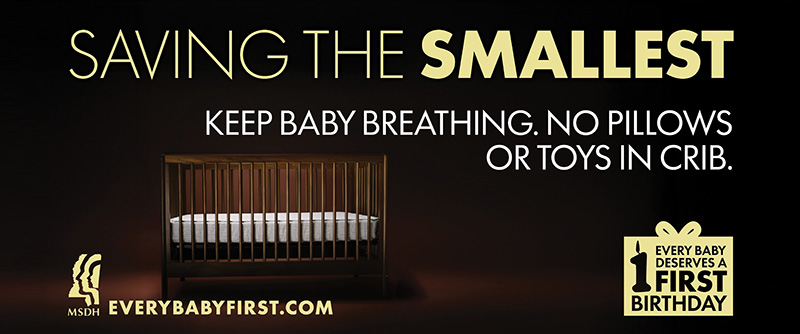Two main classes of drugs cause most overdose deaths: opioids and stimulants.
Opioids are depressants that slow down bodily functions, often causing a person to feel sedated or euphoric. Our bodies contain opioid receptors throughout the nervous system. When these receptors are stimulated, it causes a temporary feeling of euphoria, or a “high”, and it also blocks certain chemicals in the body that cause us to feel pain.
Stimulants have the opposite effect, increasing energy or alertness.
Did You Know?
It is against Mississippi law to take any medication prescribed for another person.
Fentanyl and Illicit Fentanyl
Fentanyl-laced drugs are extremely dangerous, and people may be unaware that their drugs are laced with fentanyl.
Fentanyl is a synthetic opioid that is up to 50 times stronger than heroin and 100 times stronger than morphine. It is a major contributor to fatal and non-fatal overdoses in the U.S.
There are two types of fentanyl:
- Pharmaceutical fentanyl is prescribed by a doctor to treat severe pain, especially after surgery and for advanced-stage cancer.
- Illicit fentanyl is manufactured illegally and sold without a prescription. It is available on the drug market in different forms, including liquid and powder. Powdered fentanyl looks just like many other drugs. It can be made into pills that resemble genuine prescription opioids, or can be mixed with illegal heroin, cocaine or methamphetamine to increase their effects.

Addiction and Overdose
Anyone who takes prescription opioids can become addicted to them. In fact, as many as one in four patients taking opioids for long periods under a doctor's care can face problems with opioid addiction. Once addicted, dependence on opioids can be hard to break. In 2023, more than 8.6 million Americans age 12 and older reported misusing prescription opioids in the past year. Taking too many prescription opioids can stop a person's breathing—leading to death.
Naloxone can reverse an overdose from opioids, including heroin, fentanyl and prescription opioid medications. Naloxone is also known as Narcan®, Kloxxado®, Zimhi® and RiVive®.
If you or someone you know is at an increased risk for opioid overdose, you should carry naloxone and keep it at home.
Naloxone is available over-the-counter or by requesting a prescription from your local pharmacist. The pharmacy will charge you retail price, or a co-pay if it is covered by your insurance.
Individuals can request a naloxone kit from the Mississippi State Department of Health and receive it by mail at no charge.
Organizations can also request naloxone in bulk for distribution. MSDH may limit the quantity of naloxone an organization can request to ensure that it is distributed equitably to organizations across the state.

